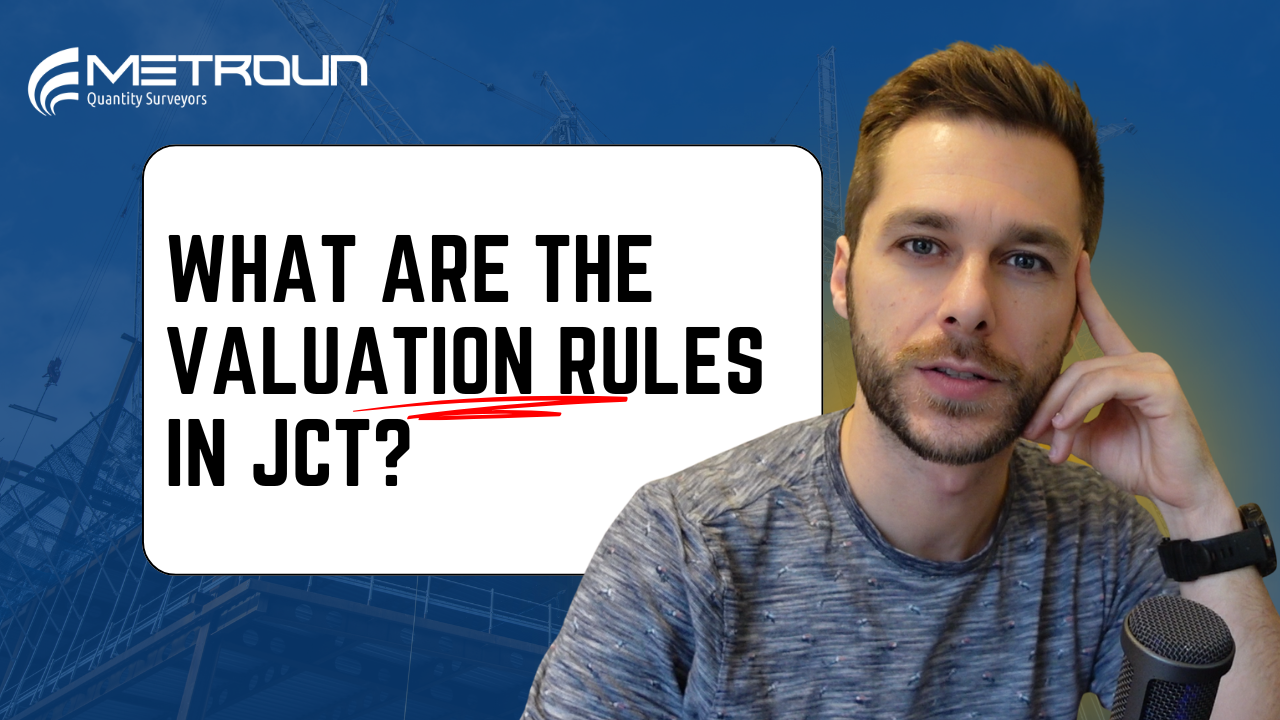One of the most common areas of confusion in JCT contracts is the difference between a variation and a loss and expense claim. Both can increase the amount payable to the contractor, but they arise in very different ways and have distinct rules of assessment.
What is a Variation?
A variation is an instruction from the Architect/Contract Administrator to change the works described in the contract. This could mean:
- Adding or omitting work.
- Changing design, quality, or quantity.
- Altering the order or timing of construction (if allowed by the contract).
Variations are valued under the contract (for example, using contract rates or fair valuation).
In short: A variation pays the contractor for doing different work.
What is Loss and Expense?
Loss and Expense arises when the contractor incurs additional costs because of a Relevant Matter caused by the employer, such as:
- Late issue of design information.
- Late instructions disrupting the contractor’s planned sequence.
- Delay in possession of the site.
This is not about paying for “extra work” — it’s about compensating the contractor for the financial impact of delay or disruption, such as:
- Extended site preliminaries.
- Idle labour or plant.
- Reduced productivity.
In short: Loss and expense pays the contractor for the extra costs of carrying out the agreed work, when those costs arise from employer-related issues.
Side by Side Comparison
| Variation | Loss & Expense | |
|---|---|---|
| Trigger | Instruction to change the work | Employer-related disruption/delay |
| Payment Basis | Price of added/omitted/changed work | Additional costs incurred (preliminaries, inefficiencies, overheads) |
| Valuation | Contract rates, fair valuation, or agreement | Substantiated evidence of actual cost |
| Purpose | Pay for the work itself | Compensate for impact on performance |
Can They Overlap?
Yes. A late variation can have a double effect:
- The contractor is paid for the extra work under the variation.
- If the late timing of the instruction also causes disruption or prolongation, the contractor may claim loss and expense as well.
Final Word
For contractors and employers alike, the key is documentation. Variations should be recorded through clear instructions and priced accordingly. Loss and expense, on the other hand, requires careful records of costs, site diaries, and evidence to demonstrate entitlement.
Understanding the line between the two helps prevent disputes and keeps cash flowing fairly on both sides of the contract.
How Metroun Consultants Can Help
At Metroun, we support contractors and employers in navigating the complexities of JCT contracts. From preparing and evaluating variations to substantiating loss and expense claims, our team ensures you get the clarity and fairness you deserve. Whether you need advice on contract administration, claims preparation, or dispute avoidance, we’re here to help you achieve the best outcome for your project.










